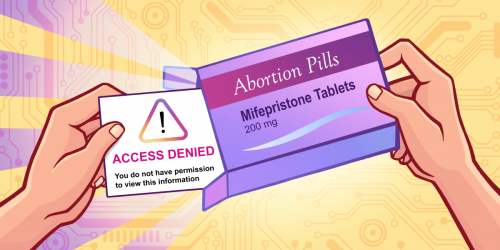In the Philippines, where the Internet is free from censorship, President Benigno Aquino III recently signed into law the Cybercrime Prevention Act of 2012, a troubling development for free expression.
The Act, available online in English, covers a range of "offenses,” from the “access of … any part of a computer system without right” to data interference (including the transmission of viruses) and cybersex, but it is primarily the provisions on libel that trouble rights activists in the country. As the National Union of Journalists of the Philippines wrote today:
...the Cybercrime Prevention Act actually broadens the scope of a libel law so antiquated and draconian that the United Nations Human Rights Council itself declared it excessive and called on the Philippine government to review the law with the end of decriminalizing libel.
According to a prominent Philippines blogger, the libel provision was inserted into the Act by a Senator without any public hearing on the matter. The Senator, Vicente Sotto III, has said that introducing Internet libel laws would make people more cautious online.
The country’s existing Revised Penal Code (Article 355) prohibits libel by “means of writing, printing, lithography, engraving, radio, phonograph, painting, theatrical exhibition, cinematographic exhibition, or any similar means” with a punishment of “correctional” imprisonment, a fine of 200 to 6,000 pesos (approximately 5-150 USD), or both, in addition to any civil action brought by the offended party. The United Nations Human Rights Council (UNHRC) has determined that the criminal sanctions imposed on those accused of libel are incompatible with Article 19, paragraph 3 of the International Covenant on Civil and Political Rights (ICCPR).
Also troubling is the fact that, in the Philippines, libel cases are determined not on the basis of what the writer of the alleged libel means, but what the words used by him mean, leaving room for interpretation. This is based on the following case law:
“Words calculated to induce suspicion are sometimes more effective to destroy reputation than false charges directly made. Ironical and metaphorical language is a favored vehicle for slander. A charge is sufficient if the words are calculated to induce the hearers to suppose and understand that the person or persons against whom they were uttered were guilty of certain offenses, or are sufficient to impeach their honesty, virtue, or reputation, or to hold the person or persons up to public ridicule. . . . ” [Lacsa v. Intermediate Appellate Court, 161 SCRA 427 (1988) citing U.S. v. O'Connell, 37 Phil. 767 (1918)]
At the same time, another bill (Senate Bill No. 3244) currently pending in the Senate Committee aims to decriminalize libel, noting the UNHCR’s prescription.
EFF is gravely concerned about the implications of the libel provision in the Cybercrime Act and supports local journalists and free expression advocates in opposing it.









